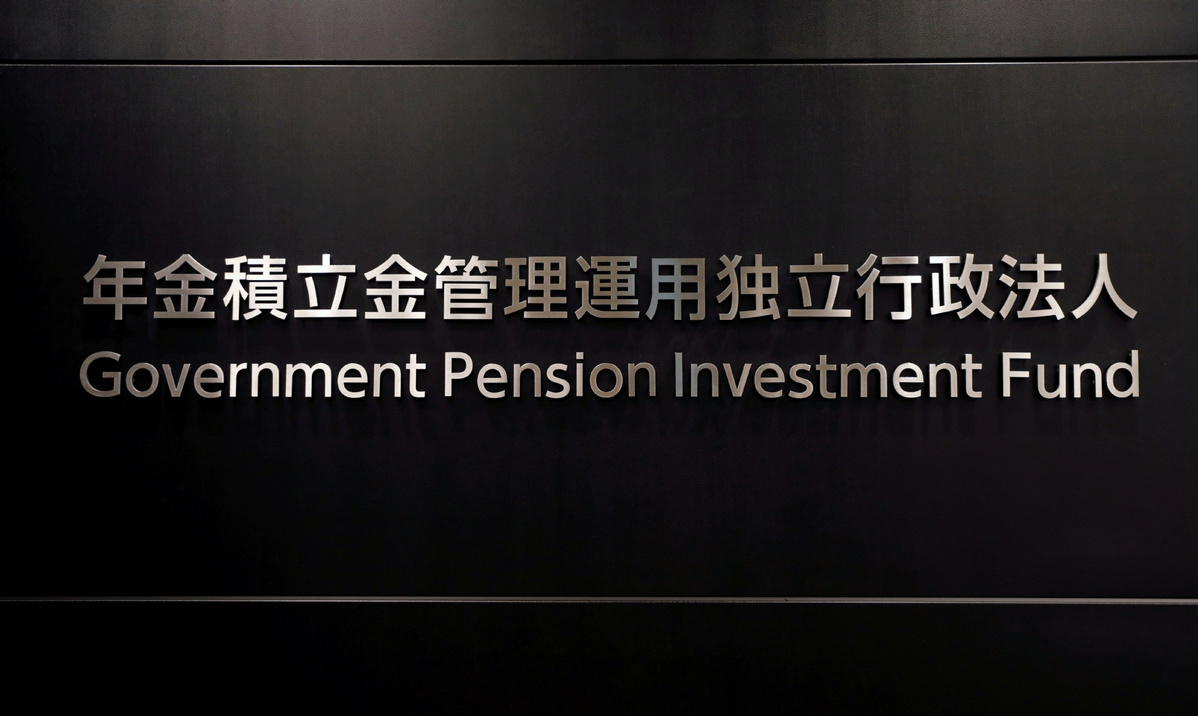Japanese seniors nudged to stay at work
By Wang Xu in Tokyo | China Daily Global | Updated: 2020-05-14 09:51

Takaaki Katsuki, a 63-year-old real estate agent in Tokyo, could have retired three years ago, but he wasn't entirely happy with his pension income and had to put any such thoughts "on hold".
"I have no choice but to work if I want a better life after retirement," said Katsuki, citing the new pension system reform which encourages people to start receiving benefits as late as age 75.
As the rapidly aging country seeks to let more seniors stay in the labor market, Japan's lower house on Tuesday passed a bill revising the pension law, allowing people to choose between ages 60 and 75 when to begin receiving pensions, with the later people become pensioners, the higher their monthly benefits. Currently, the age band was 60 to 70.
Under the new bill, for every month people delay the start, their benefits will be increased by 0.7 percent, which means if a person starts receiving a pension at the age of 75, the monthly amount will be 84 percent more than if he or she started at 65.
"It's not that I don't appreciate my job, but I also enjoy more leisure time with family and being better off living on my pension and savings," Katsuki said.
The situation is just as well for Katsuki's employer Hiro Real Estate, as Tuesday's bill also agreed to expand the range of part-time workers who can join a public pension program for corporate employees known as the Kosei Nenkin.
At present, companies with at least 501 or more employees must enroll in the Kosei Nenkin program, while the bill requires companies with 101 employees to join from October 2022 and with 51 or more to join by October 2024.
Heavy burden
The revision is expected to increase by some 650,000 the number of workers participating in the pension program, according to government assessments, but it may also place a heavy burden on small businesses, since half of workers' premiums are paid by employers under the system.
"Business is already very hard due to the coronavirus outbreak, so the government should think of ways to relieve our burden instead of increasing it," said Toshimichi Noumi, the owner of Hiro Real Estate.
Zhou Xuan, the chief consultant of Nomura Securities said: "Japan's population is among the oldest in the world and has one of the longest life spans, which puts great pressure on its pension system.
"Meanwhile a deep-seated reluctance to accept migrants had resulted in companies having no choice but to rely on seniors to overcome severe labor shortages.
"Like it or not, the bill will be passed," Zhou added.
The bill, which was approved by a majority vote from both the ruling and opposition parties, will be submitted to Japan's upper house for deliberations and is expected to be enacted by the end of the current Diet session in June.
























